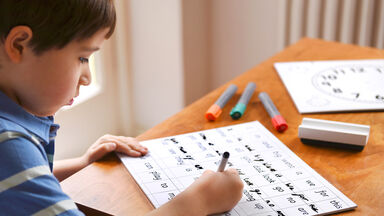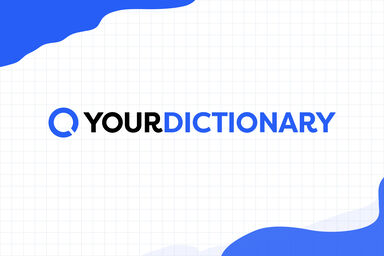Spell Definition
- to put into, or as into, a trance
- to win the complete affection of
- held in a spell or trance; enchanted
- to read letter by letter or with difficulty
- to make out, or discern, as if by close reading
Idioms, Phrasal Verbs Related to Spell
- cast a spell on
- under a spell
- spell out
Origin of Spell
-
From Old English spel, spellian, spelian, from Proto-Germanic *spellÄ…, ultimately from Proto-Indo-European *spel- (“to tell"). Cognate with dialectal German Spill, spellen and Albanian fjalë (“word").
From Wiktionary
-
From Old French espel(l)er (> Modern French épeler), ultimately from Proto-Germanic *spel- (“to speak").
From Wiktionary
From Middle English spelen to spare from Old English spelian to represent, substitute for
From American Heritage Dictionary of the English Language, 5th Edition
Middle English spellen to read letter by letter from Old French espeller of Germanic origin
From American Heritage Dictionary of the English Language, 5th Edition
From Middle English spelen, from Old English spelian, akin to spala (“substitute").
From Wiktionary
Middle English discourse from Old English
From American Heritage Dictionary of the English Language, 5th Edition
Origin uncertain; perhaps a form of speld.
From Wiktionary
Find Similar Words
Find similar words to spell using the buttons below.





